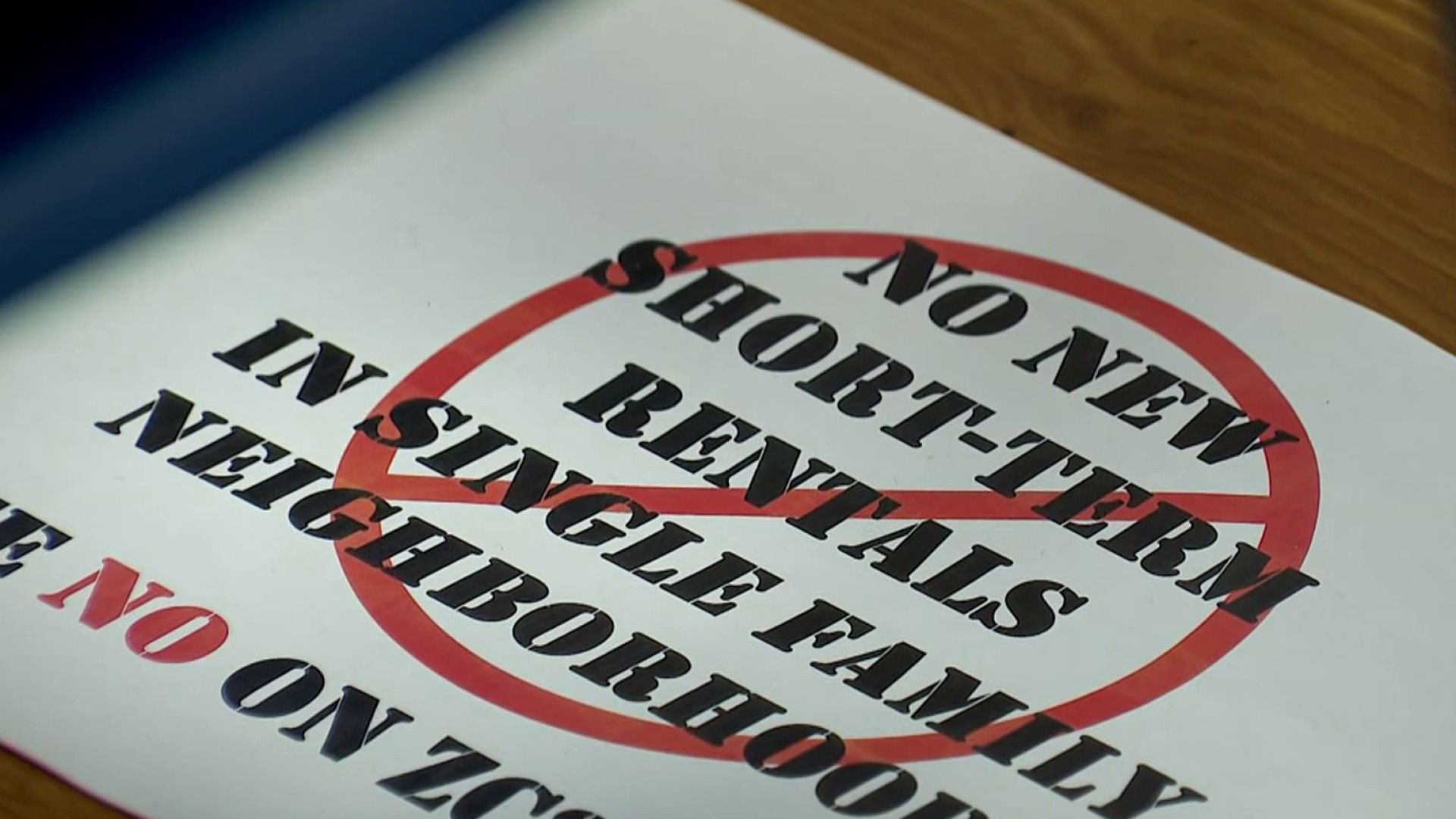More than two-thirds of Texas school districts received one of the two highest possible ratings when the state issued its annual report card on Friday, a big improvement over last year's scores that was due largely to a measure that allows students to be credited for improvement despite not passing.
The number of districts rated as exemplary -- the highest grade given out by the Texas Education Agency -- was 239, more than double the number last year.
Most of the improvements were made possible using the Texas Projection Measure, which factors in a projection of students' future performance on the state's standardized test.
The number of schools receiving the state's lowest rating, academically unacceptable, dropped from 87 last year to 45 this year.
School districts and campuses are rated based on student performance on the Texas Assessment of Knowledge and Skills and a standardized test for special education students, along with dropout and completion rates. Schools receive ratings of exemplary, recognized, acceptable or unacceptable.
Most of the more than 1,200 school districts and charter operators in Texas -- 597 -- received a recognized rating, the second highest. More than 300 were rated academically acceptable.
More than half of the 239 schools that were given an exemplary rating this year only got there with the help of the projection measure or another exception.
Local
The latest news from around North Texas.
This is the second year the state has used the projection measure. Last year, more than 70 exemplary school districts -- almost two-thirds of the highest rated schools -- depended on the projection measure for the top rating.
Critics, who have become increasingly vocal recently, argue that the projection measure hasn't been accurate and artificially inflates the ratings.
"I think if you look at the ratings without the use of TPM, you get a much better answer to the question that we want to know the answer to and that is: are our children learning?" said state Rep. Scott Hochberg, a Houston Democrat. "Whether the TPM is an accurate predictor or not is not really the question, but does it assess the progress that a student has made in that school and the answer to that is clearly no."
Texas Education Commissioner Robert Scott has said he would be open to scrapping the measure if the Legislature sees fit, but he stood by the projection formula.
"This is what the Legislature required us to do and if legislators want to have this debate next session and talk about how we use it in the future, then I'm open to that debate," Scott said Friday after releasing the 2010 results. "But over the last week or so, when we're looking at the data, we're finding a very high correlation of what we projected and what actually happened."
Advocates of the projection measure say it rewards schools with a large percentage of disadvantaged students who are making consistent improvements, even if they fall short of minimum standards.
But Hochberg argued that the legislation in question wasn't intended to artificially inflate school performance.
The issue has become a campaign topic in this year's gubernatorial election, with Democratic challenger Bill White suggesting that the ratings are being padded to bolster Republican Gov. Rick Perry's record on education.
"We can all cheer school improvement, but the governor should be looking for real improvement, not ways to keep up politically convenient appearances," White said.
Perry's campaign said the criticism was baseless and defended the projection measure, calling it "statistically accurate and well accepted across the state."
"It's clear that Bill White will say anything to hide the fact that he hasn't come up with one policy initiative that will strengthen our education system," said Perry campaign spokeswoman Catherine Frazier.
Scott repeated that the projection measure only boosts the state ratings and does not change individual student scores.
"You do not get out of giving services to students," he said.



